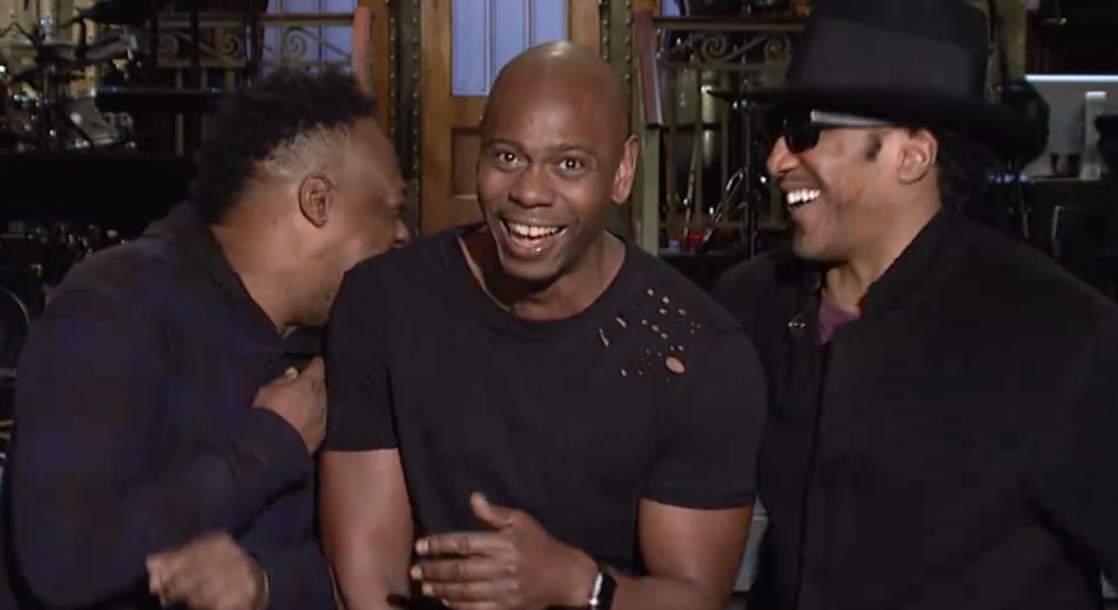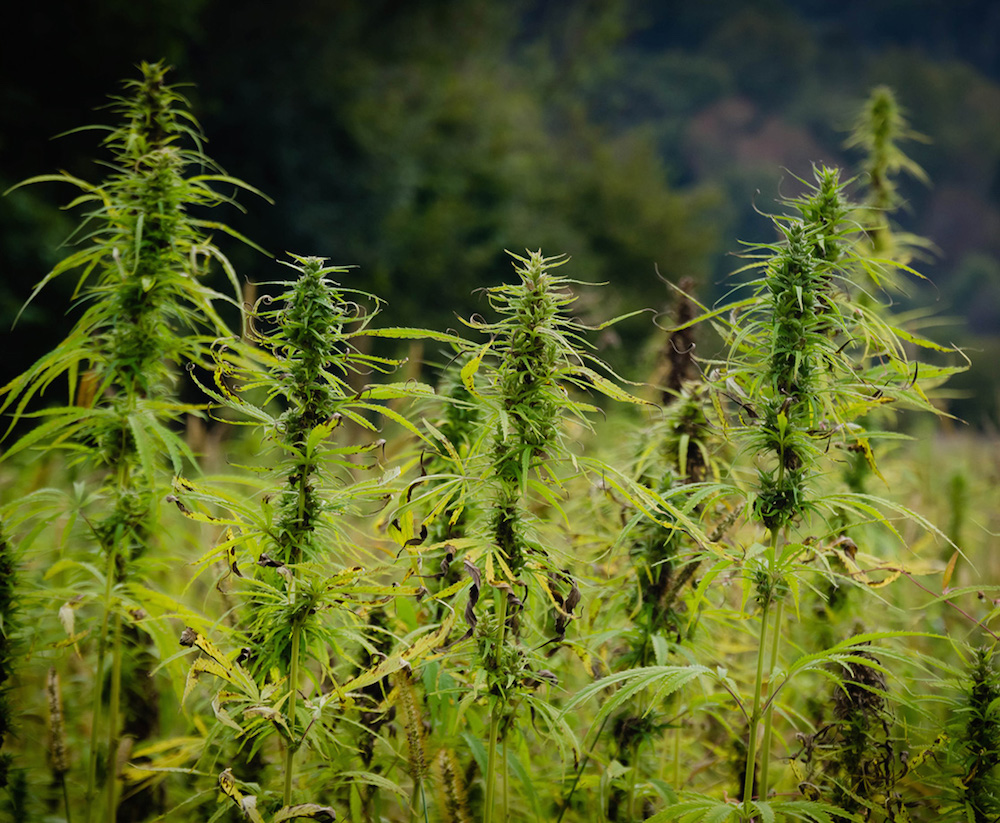Twenty years ago, my wife Holly was diagnosed with Parkinson’s disease, and I’ve been taking care of her ever since—chauffeuring her, dressing her, helping her stand up and walk and sit down, bathing her, wiping her, watching her get weaker and weaker in body and mind.
Throughout this drama, we have had one secret (or not so secret) ally which has given us enormous comfort. That is marijuana, which can elevate us one toke at a time above the drudgeries and distresses of our mortal fix.
I don’t mean to trivialize what an awful disease we’re dealing with. Parkinson’s is a fight that everybody loses, day after endless day. It’s not kind enough to kill, but lets you stick around to find out just what it feels like to keep giving up control of your once-agile body and your once-expert mind to the neuroterrorists who are dedicated to sapping you of every last sliver of independence, dignity and self-respect while stringing out the toll for fifteen or twenty or who knows how many years.
Smoking marijuana will never lift this spell. But it has worked pretty reliably to distract her from discomfort and anxiety.
In 1999, two years after she was diagnosed, we bought a winter home in California. While she still had the wherewithal to take a walk, I liked to whisk her away to the beach or to a park every day. As the new century wobbled on through the turmoil of 9/11 and the Bush and Obama years, those strolls kept getting slower and slower and shorter and shorter. Yet they gave my comrade her only remaining glimpses of the outside world. Her curiosity was waning, and I was determined to enhance each opportunity.
She prepared for her walk by picking out a hat, then staring into the mirror with the discerning eye of the New York fashion editor she once was. She’d try another hat. I’d wait. I’d wait. Holly had taught me how to wait.
At last, when she was ready to walk out the door, I gave her a single hit on a small wooden pipe.
I took a hit myself, thank you. Then I shepherded her out to the car. As we drove away, I looked for signs that her focus was making that beneficent shift, from the inward to the outward, from the subjective to the wondrous other. She might remark, “Look at that bougainvillea!” Walking the beach, she might delight in the shapes of the stones.
It was that one-two punch that worked: getting her out of the house, and letting the dope help to open her eyes. This vacation from uneasiness and self-regard could last for part of the walk, or all of it, or for the rest of the day. Except when, alas, it didn’t lift the veil at all.
Over the years of this caregiving assignment, weed has been especially generous to me by providing untold tens of thousands of sweet reprieves which continue to give me the pizzazz, at 74, to go deep into extra innings with Holly.
Pot is my co-pilot. Pot is my refresh button. Pot makes the familiar new. It makes the mundane suddenly (if temporarily) fascinating. It turns the everyday into one-of-a-kind. Not all the time, no. But enough of the time.
It relieves those burnt-out-caregiver blahs. It helps me blossom into a sunnier companion. It gives me something to say even if she can’t muster a reply. It can embolden me to talk with her about difficult subjects, like death.
The caregiver longs for periods when no one wants him or needs him. When Holly sleeps in late, I have time alone to pursue my writing. When she lies down for a nap, I go for a walk. During these breaks, perspective-enhancing substances can make certain random moments seem uncommonly exquisite and eventful. This slows down the clock—hell, it stops the clock—expanding the sense of how much time I have. What a gift it is for the incidental shut-in: to be able to conjure these daily illusions of unlimited space.
Dinnertime is another opportunity to renew myself and my commitment to the job. Holly was an exquisite cook in her day, a natural. Under our new division of labor (every job mine), I can resent having to cook, or I can enjoy it. So this is a golden part of each day—helping milady get cozy on the couch, where she can snooze off or meditate, then tiptoeing into the kitchen to carve a precious kingdom of solitude out of the early evening.
The recipe is simple. One heaping suck on the bong, and I’m baked. Then I can get lost (chop, chop, sizzle, sizzle) in the satisfactions of completing each chore and the free-range adventures of an untethered mind.
In a time of uncertainty for both of us, an ordinary meal can be one small but concrete victory over potential despair and disarray. I might not have the power to alter her ultimate outcome. But night after night I can dish up a reasonably healthy, relatively tasty dinner while still serving myself those side orders of whimsy and inspiration.
Just as there are different strains of marijuana, so there are different strains of stoners. You have your social smokers and your lone wolves, your goofballs and your future presidents, your stoner actors and athletes and surgeons and farmers and firefighters and welders and judges and moms and dads. I am charting my own course, as a solid stoner helpmate: chronically chipper, mindlessly industrious, resilient on demand, fully rechargeable, easy to please, slow to take umbrage, unaccountably reliable and (of crucial importance) excellent at keeping myself amused for long stretches of downtime.











